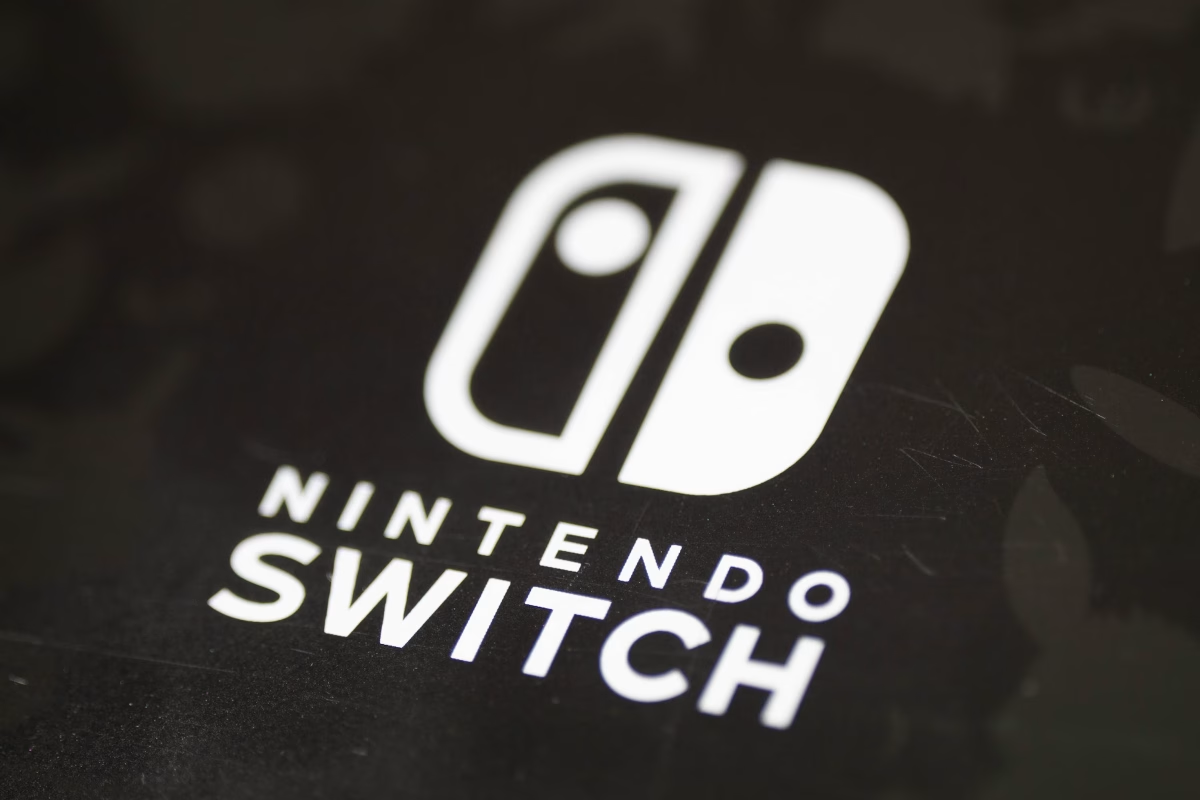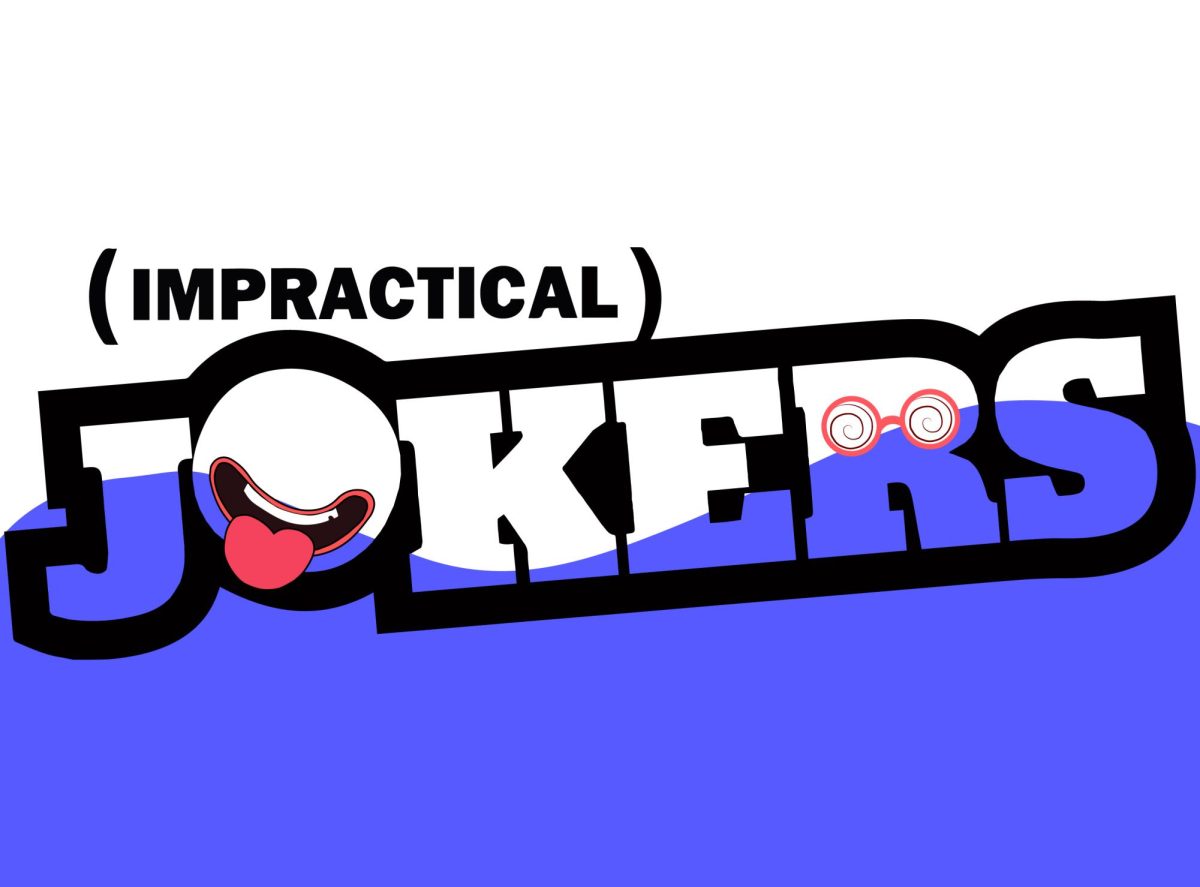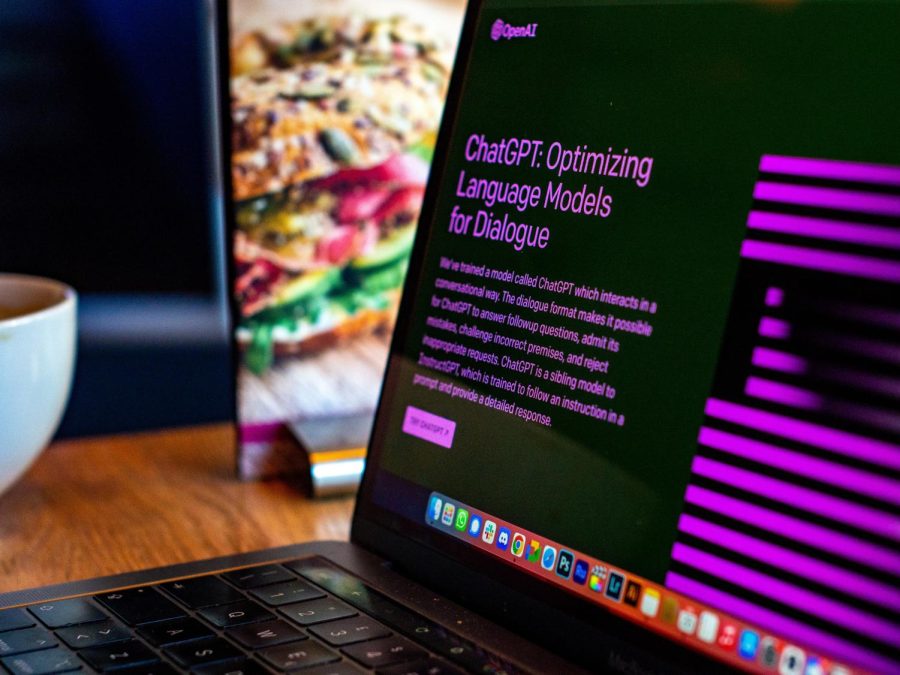Recent changes in YouTube’s content moderation system have caused some uneasiness in its community of content creators, and many are expressing disdain for the Google extension.
Over the past week, users have been receiving notices from Google, explaining that certain videos were being barred from making money through YouTube’s ad service. What pushed buttons even more, videos were often flagged for reasons that creators deemed unfair and completely censorious.
Statements from YouTube suggest that the real problem isn’t the new policy, but the long-term conflict between its stated rules and their poor execution.
The censoring began to receive widespread attention after YouTube host Phillip DeFranco posted a video called “YouTube Is Shutting Down My Channel and I’m Not Sure What To Do.” Although YouTube merely sent DeFranco the memo that his videos weren’t “ad friendly,” he went to Twitter to show what YoutTube was attempting to do. He shared that over a dozen of his videos had been flagged as inappropriate for advertising, including one flagged for “graphic content or excessive strong language.” Although he agreed YouTube was within its rights, he called the system “censorship with a different name,” and “if you do this on the regular, and you have no advertising, it’s not sustainable.”
Many of YouTube’s community members include creators that make their revenue off of possibly explicit content, and if ads aren’t permitted on these videos, they get nothing for it. However, even YouTube’s established education creators have been dinged for their content, and it hasn’t gone unnoticed.
Hank Green, one half of the Vlogbrothers and co-creator of educational shows on YouTube like SciShow and Crash Course shared a similar notice he got from YouTube denying monetization for several videos that the company deemed not “ad friendly.” Green pointed out in his tweet that it showed the variety of videos being affected by this policy change.
YouTubers from all niches posted their own notices, from creator Rowan Ellis censored for a video about LGBTQ history to even makeup tutorials. The notices sent to the Vlogbrothers channel were for videos covering both “Vegetables that look like penises” and “Zaatari: thoughts from a refugee camp.” However, a YouTube representative soon responded with a few Twitter allegations.
“No policy change here,” the represntative said, “just an improved notification process to ensure creators can appeal.”
YouTube went more in depth with Kotaku, which covered the issue in detail last week.
“The idea was to make this information accessible more easily, which is why some YouTubers felt they ‘suddenly’ got a bunch of flagged videos at once,” Kotaku’s Patricia Hernandez said.
YouTube gave a longer explanation to Kotaku, which covered the saga in detail last week. A representative said that the change was supposed to make sure creators knew when a video wasn’t ad-friendly, and offer them an appeals process that could get it reinstated.
“The idea was to make this information accessible more easily, which is why some YouTubers felt that they ‘suddenly’ got a bunch of flagged videos at once,” wrote Kotaku’s Patricia Hernandez.
YouTube’s FAQ page included a set of best practices for “advertiser-friendly content” before the start of this debacle, and outlined types of mature content that could be affected, but YouTube didn’t start the process of appeals until recently.
For many YouTubers, this was the end of their run with YouTube. They even went to Twitter with the tag #YouTubIsOverParty, but many are still sticking with the video platform.
That doesn’t mean there aren’t going to be protests, and popular live video game streamer Vinny from Vinesauce had one of the best responses to the censoring. His video “[Vinesauce] Vinny – Planet Coaster (Youtube Advertiser Friendly Version… mostly)” is a cut of one of his streams censored in such a facetious manner that it mocks YouTube’s new rules.
Whether this is the end of YouTube or not, censorship has never been taken too kindly in the video community, and it’s clear that YouTube needs to take broad steps to gain back the trust of its creators.





























